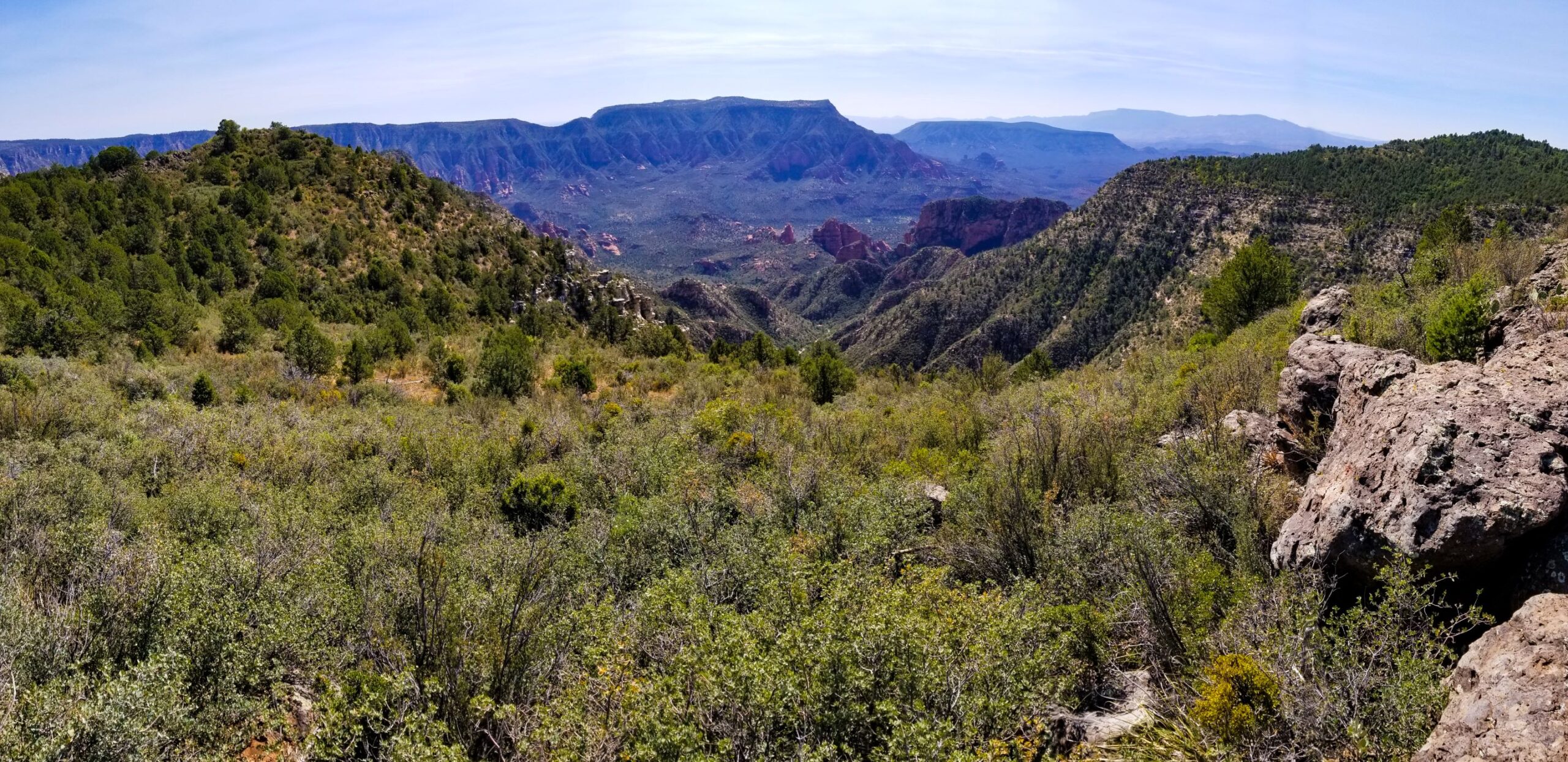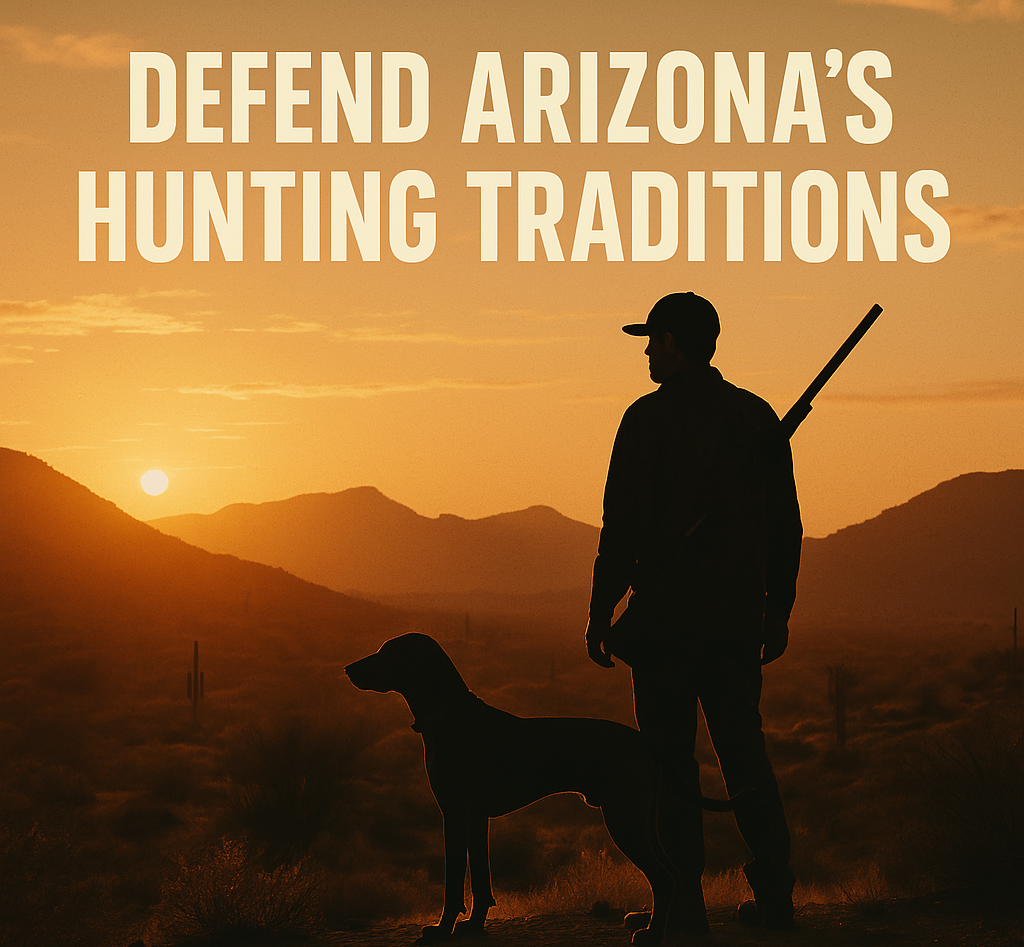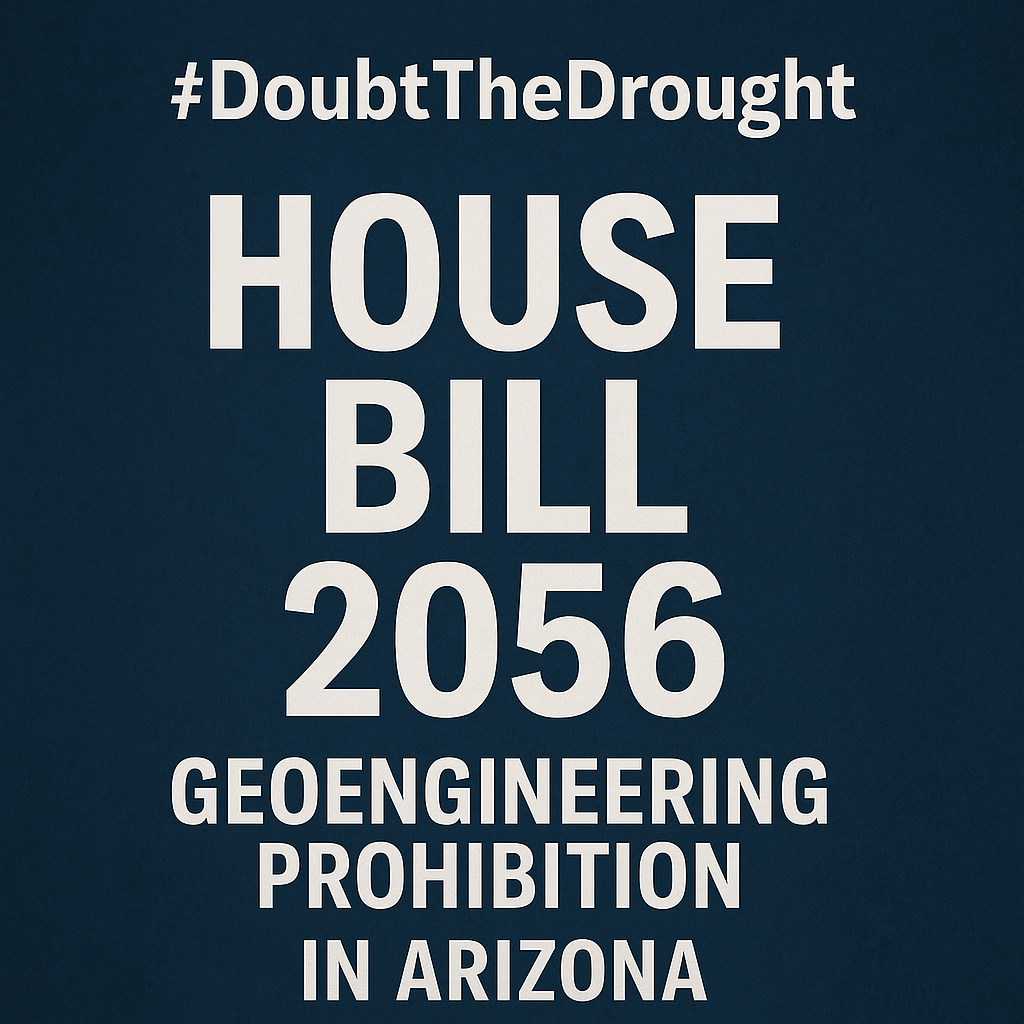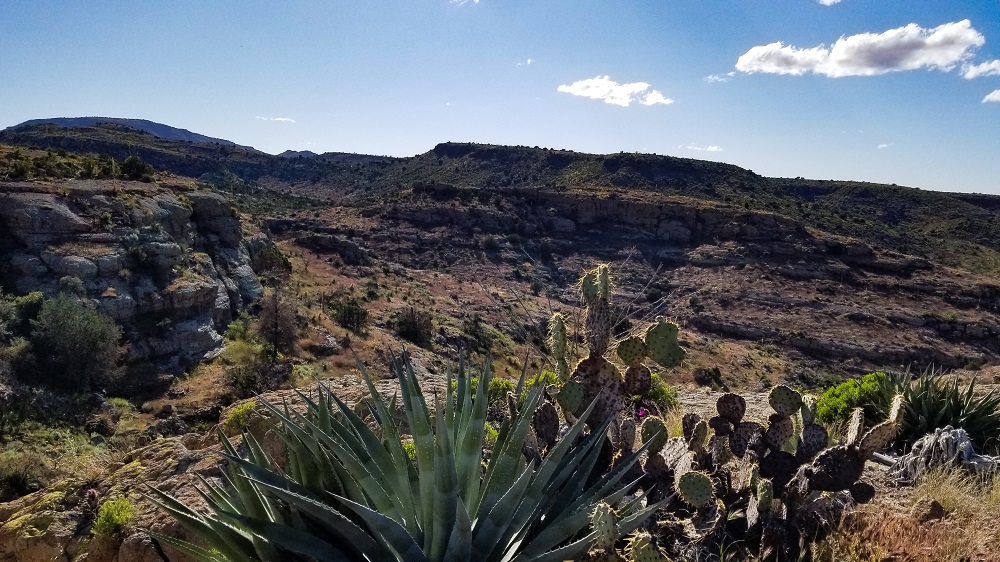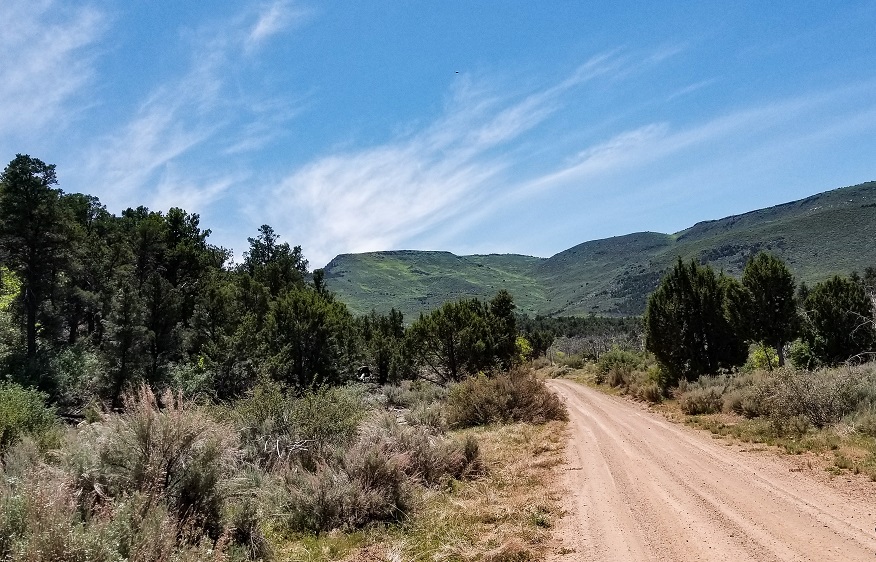Your cart is currently empty!
Introduction
Order #03-00-23-002, issued by the U.S. Department of Agriculture and the U.S. Forest Service, imposes sweeping motor vehicle restrictions on National Forest System (NFS) roads in the Southwestern Region, encompassing parts of New Mexico, Arizona, Texas, and Oklahoma. While the order claims to be in the interest of public health and safety, it represents a problematic end-run around constitutional limitations on federal jurisdiction and encroaches on the rights of states to regulate their own roads. In this article, we will delve into the issues with this order and why it should be strongly opposed.
Violation of Constitutional Limits on Federal Jurisdiction
One of the key issues with Order #03-00-23-002 is its violation of constitutional principles regarding federalism and the balance of power between federal and state governments. The Tenth Amendment of the United States Constitution clearly states that “The powers not delegated to the United States by the Constitution, nor prohibited by it to the States, are reserved to the States respectively, or to the people.” In this context, the regulation of roads, traffic, and motor vehicle usage falls under the purview of individual states, not the federal government.
The order justifies its existence by citing 16 U.S.C. § 551 and 36 C.F.R. § 261.50 (b) as legal grounds for its imposition. However, these references do not grant the federal government the authority to dictate the specifics of motor vehicle usage on state roads. Instead, they grant the U.S. Forest Service general jurisdiction over National Forest System lands, not the authority to enforce state laws on state-owned roads.
Infringement on State Sovereignty
State governments have the primary responsibility for creating and enforcing traffic laws that govern their respective territories. By imposing restrictions that require vehicles on NFS roads to comply with “applicable state law,” the federal government is effectively assuming the role of a superstate and usurping state sovereignty. This overreach not only undermines the principles of federalism but also creates unnecessary confusion and complications for residents and travelers within these states.
Enforcement Challenges
Another glaring issue with Order #03-00-23-002 is the impracticality and inconsistency of enforcing state laws on NFS roads. State law enforcement agencies, not federal agencies like the U.S. Forest Service, are responsible for enforcing state traffic laws. Attempting to enforce state laws on federal roads would lead to jurisdictional conflicts and hinder law enforcement’s ability to ensure safety and order.
Furthermore, the order’s reliance on state laws fails to consider potential differences in road regulations between states. What may be a legal and safe vehicle configuration in one state could be prohibited in another, leading to confusion and difficulties for travelers and law enforcement.
Conclusion
Order #03-00-23-002, issued by the U.S. Department of Agriculture and the U.S. Forest Service, represents a troubling overreach of federal authority into state jurisdiction. By attempting to enforce state motor vehicle laws on NFS roads, the order not only violates constitutional principles but also raises serious concerns about practical enforcement and its impact on state sovereignty.
It is imperative that this order is challenged and opposed by those who value the principles of federalism and respect for state autonomy. States should retain their authority to regulate their own roads, ensuring that their laws are tailored to their specific needs and circumstances. Federal agencies should focus on their legitimate responsibilities, such as managing federal lands, without infringing on the rights and responsibilities of individual states.
Read the order below.
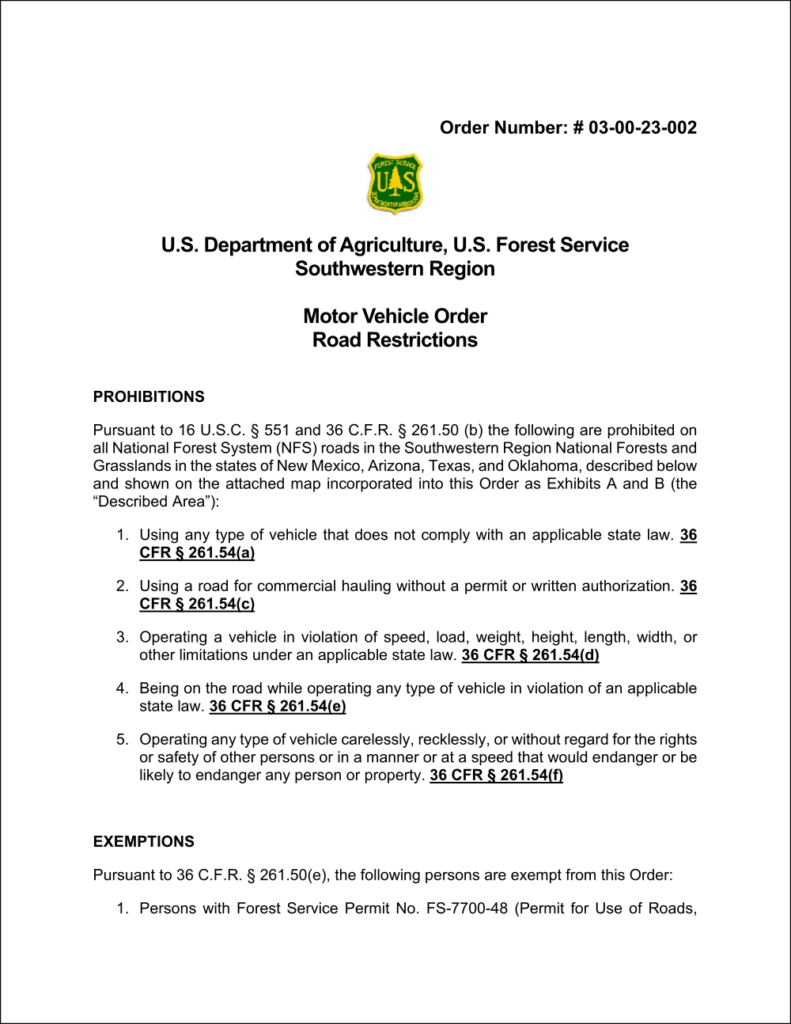
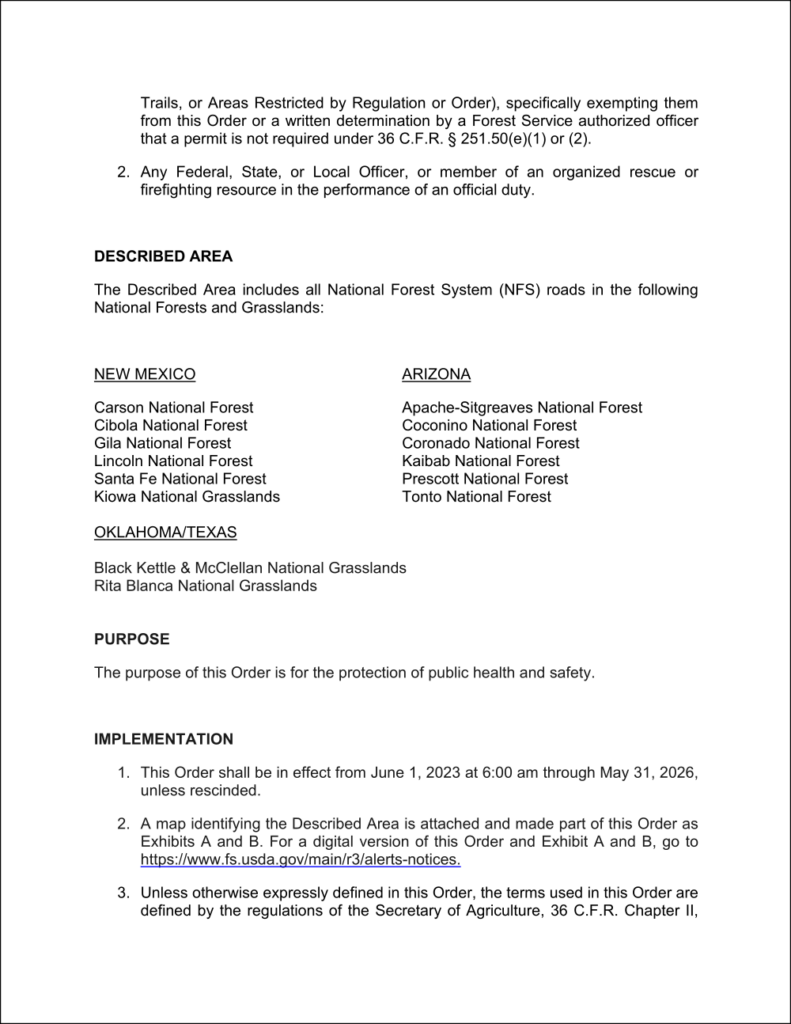
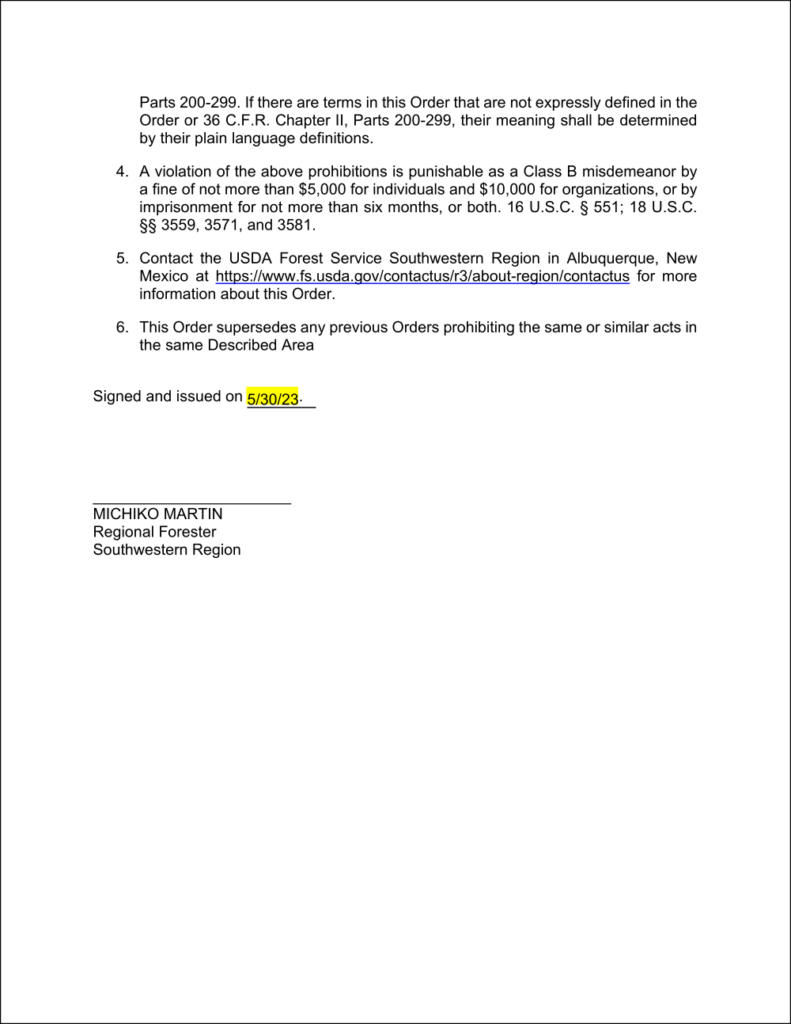
Tags:
You may also like…

Visit the AZBackroads.com Store
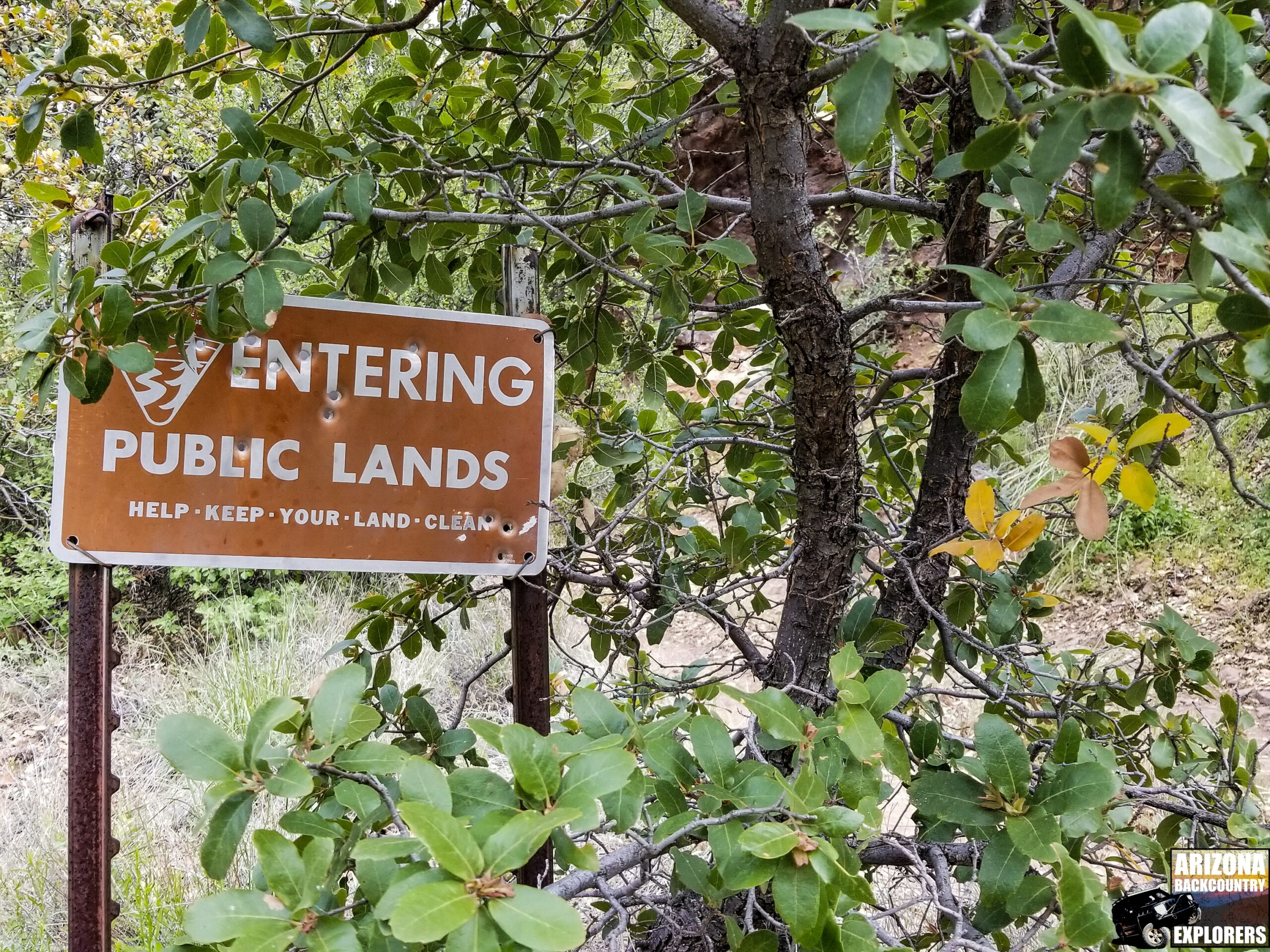
Please Become A Member
We need your help to keep our backroads open. Please join today!





